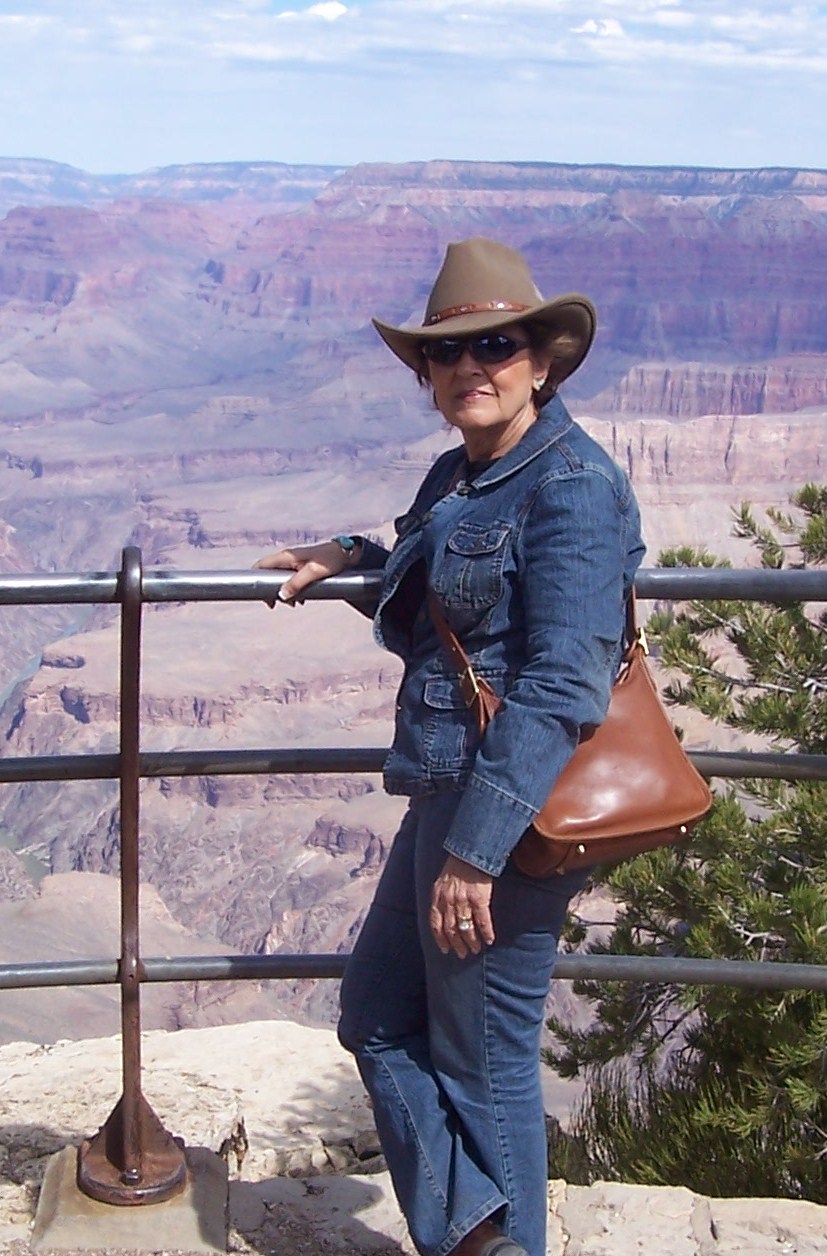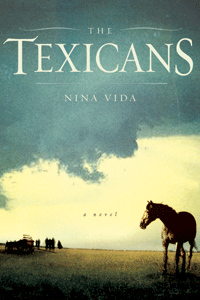NINA VIDA
the texican's reader's guide
1. The epigraph by Arthur Hugh Clough reads:
"And not by eastern windows only,
When daylight comes, comes in the light,
In front the sun climbs slow, how slowly,
But westward look! The land is bright."
What does this epigraph mean in relation to The Texicans? And are there ways in which the words can be construed to have negative connotations as well as positive ones?
2. At the beginning of the novel, as Aurelia and her family are fleeing the cholera epidemic, they encounter an old woman sitting at the side of the road. Does Aurelia really cure the old woman or does the incident have another meaning? Might it have several meanings?
3. In the book Aurelia is called a witch, a bruja. Is she really? What would we call someone like her today?
4. What reasons might the German settlers have had for being opposed to the practice of slave-holding?
5. What are we to make of Joseph’s motives in marrying Katrin? Why does he fight so mightily against his generous impulses?
6. The author depicts the Comanches as both aggressors and victims. She describes the settlers in the same way. Was there any way in which they could have lived in harmony? Or are there just some cultures that cannot compromise, whose participants would rather die in battle than negotiate a peaceful settlement?
7. Is there some point in the novel at which we see Katrin change? Does she alter for the better? What effect does her change have on the trajectory of the novel?
8. If Joseph had left Katrin for Aurelia, how would it have changed the tone of the novel? Would you have thought less of Joseph and Aurelia? Would you have felt pity for Katrin?
9. What would have happened to Katrin if she had remained in Alsace-Lorraine? What would Joseph have become if he had stayed in Missouri? What would Aurelia’s life have been like if there had been no cholera epidemic? Do cataclysmic events alter character? Do difficult circumstances change personalities?
10. There are incidents of racial and religious prejudice throughout the novel. What part do these incidents play in the lives and fates of the various characters? And in Katrin’s case, do you think she merely becomes tolerant of Joseph’s Jewishness and makes an exception for him because he’s her husband or does she actually rid herself of that prejudice? Is it possible to rid oneself of prejudice?
INDIAN COUNTRY

 Copyright NINA VIDA All rights reserved.
Copyright NINA VIDA All rights reserved.